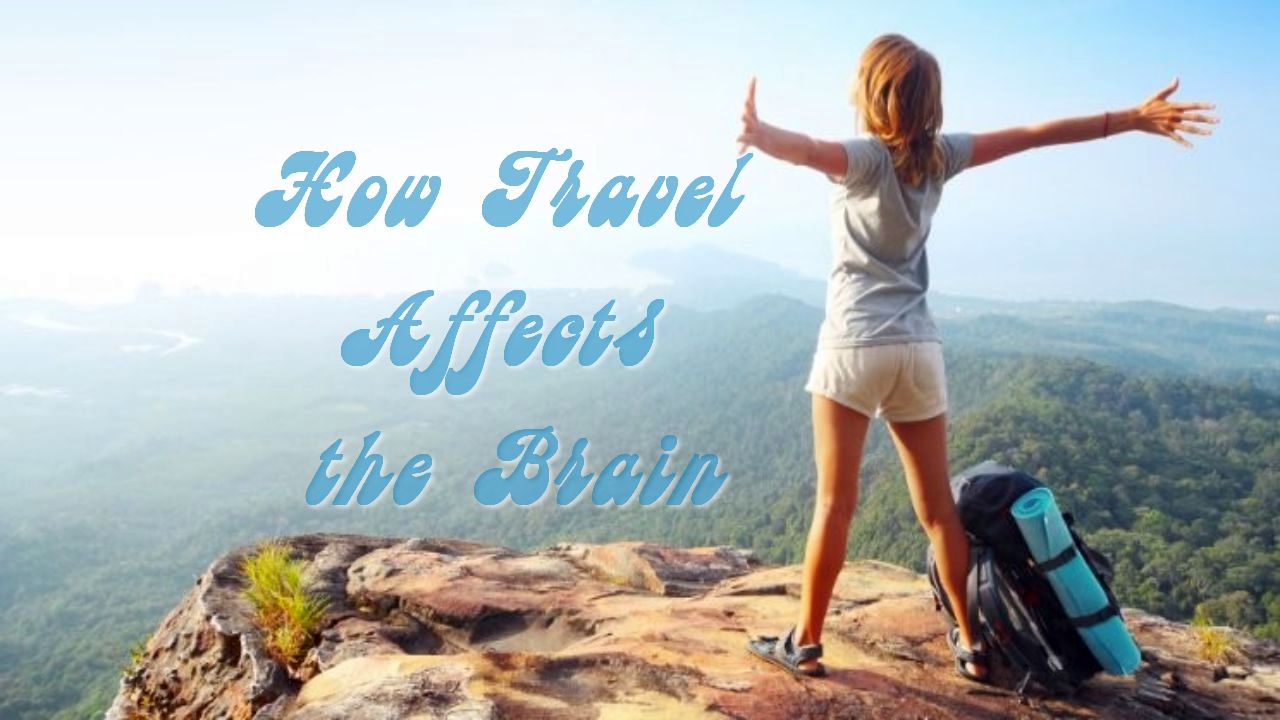
Traveling offers us a chance to break away from our routine and explore the world.
When we travel, we step out of our comfort zones, meet people from diverse cultures, and experience life from a different perspective. This exposure to novelty not only enriches our lives but also profoundly affects our brains. It’s like Lion’s Main capsules from https://longevitybox.co.uk/products/organic-lions-mane-capsules, food for the brain that stimulates its growth and development.
Scientific studies have shown that traveling can enhance cognitive flexibility, boost creativity, improve mental health, promote neuroplasticity, and even bring about changes in our personality traits. Each journey we undertake contributes to our mental and emotional growth, shaping us into more adaptable, open-minded, and resilient individuals.
In this article, we will explore how traveling has the potential to transform us, not just emotionally and spiritually, but also neurologically. So, fasten your seatbelts as we embark on this exciting journey of discovery!
Enhances Cognitive Flexibility

Traveling exposes us to new experiences, cultures, and environments. This novelty stimulates our brains and promotes cognitive flexibility. Cognitive flexibility refers to our brain’s ability to transition from thinking about one concept to another. The more cognitively flexible we are, the more creative we become.
Being in a new environment “wakes up” our brains. We switch off our autopilot mode and become more aware of our surroundings. This heightened state of awareness enhances our learning capacity and memory performance.
Boosts Creativity
Traveling can significantly boost our creativity. Exposure to different cultures and ways of life provides us with new perspectives, which can spark creative ideas.
The act of traveling itself, regardless of the destination, can make us more creative. The change of scenery, the break from our routine, and the challenges we face while traveling can all stimulate our creative thinking.
Improves Mental Health

Traveling has numerous benefits for our mental health. Regular vacations can reduce symptoms of stress, anxiety, and depression. In fact, many travelers go on vacations to minimize stress and anxiety.
Studies have found that those who take vacations regularly are significantly less likely to become tense, depressed, or tired than those who take vacations less frequently.
Promotes Neuroplasticity
Neuroplasticity refers to the brain’s ability to change and adapt through experience. Scientists used to believe that the brain was only changeable during childhood, but it’s now widely accepted that neuroplasticity is present throughout life.
Traveling, with its myriad of new experiences and challenges, can stimulate neuroplasticity. When we travel, the brain is forced to adapt to new situations, which promotes the growth of new connections within our cerebral matter.
Enhances Personality Traits
Traveling can also influence our personality traits. Living in another country, even for a short time, can modify our ability to remain “open to experience,” which is a core personality trait. People who are more open to new experiences are more comfortable with the unknown.
Depending on the size of our existing social network, traveling can make us more outgoing and agreeable. These personality changes can have positive effects on our personal and professional lives.
To Conclude
Traveling is much more than a leisure activity. It’s a powerful tool that can enhance our cognitive flexibility, boost our creativity, improve our mental health, promote neuroplasticity, and enhance our personality traits. So, the next time you’re planning a vacation, remember that you’re not only giving yourself a break but also doing a great favor to your brain!